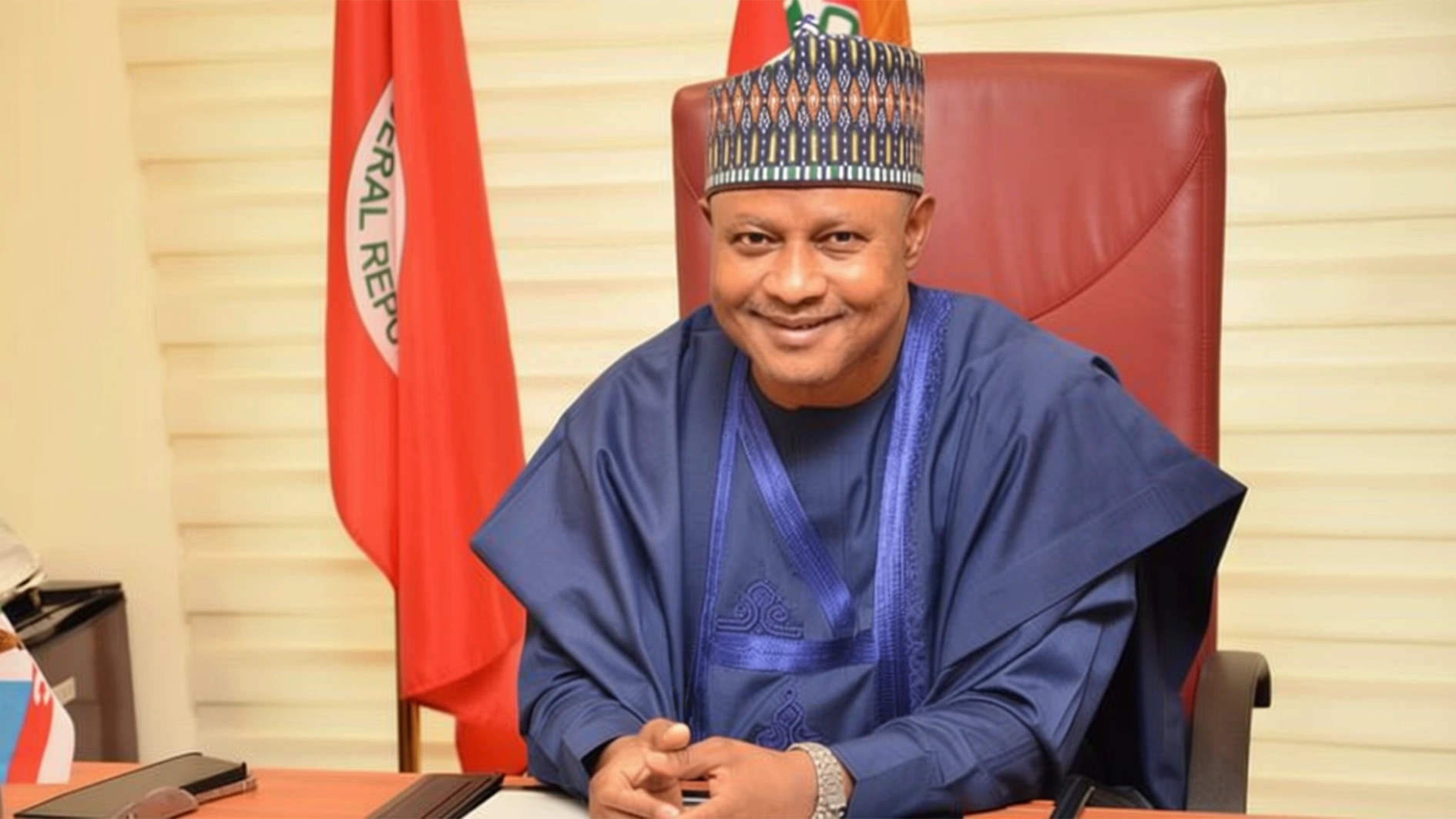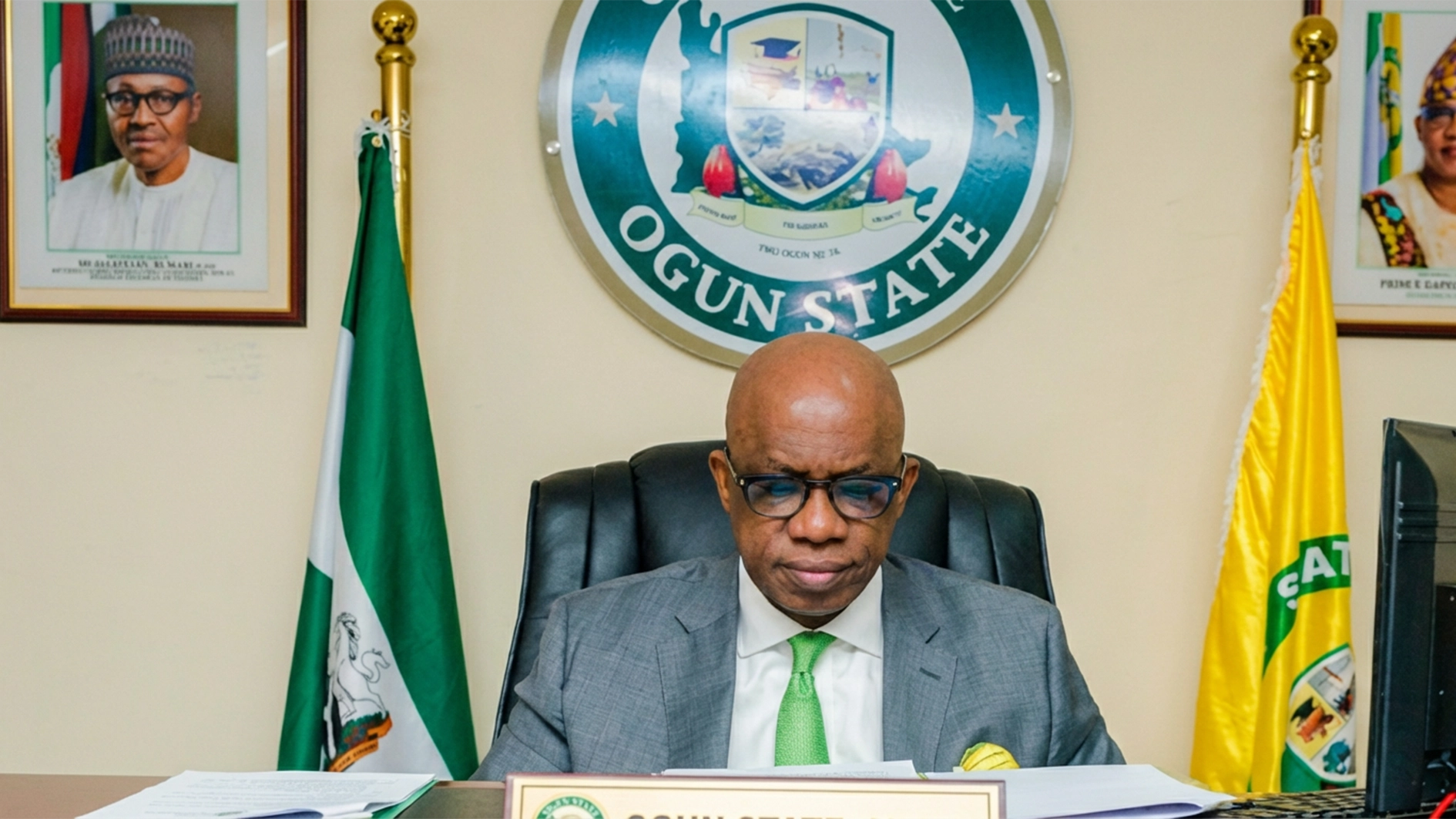South African environmentalist adopts Ogoni cleanup model
Movement for the Survival of the Ogoni People (MOSOP) has rejected the planned resumption of oil production in Ogoniland, calling on the Federal Government to be transparent and unbiased in its negotiations between parties to permanently resolve the issues of civil rights and economic justice for the people.
The association also expressed deep concern about the impact of the decision on the mental health of the people and their safety, saying: “We remain committed to a permanent resolution of the Ogoni crisis. We are not dissatisfied with the conduct of one party to the conflict.”
MOSOP President, Fegalo Nsuke, in a statement made available to The Guardian in Abuja, stressed that the Federal Government has unilaterally assumed the position of an arbitrator while being culpable in the abuse of the environment.
Meanwhile, experts in energy and environmental law have faulted grey areas of the Petroleum Industry Act (PIA), saying some sections of the Act seek to sideline host communities in the Niger Delta region.
They called for the protection of the rights of Oil and Gas Host Communities, alleging that some oil companies operating in the region capitalise on the section to infringe on the communities’ rights.
The call was made at the opening of a two-day sensitisation workshop on the host community development provisions of the PIA across the 23 local council areas of Rivers State, under the auspices of the Centre for Advanced Law Research, Rivers State University and F1 Team Associates.
The sensitisation workshop was designed to educate host communities on the provisions of the PIA and how they can access them to protect their rights.
HOWEVER, a member of the Amadiba Crisis Committee in South Africa, Nonhle Mbuthuma, described the Ogoni cleanup as “eye-opening and sobering,” highlighting the vital lessons from the experience.
Mbuthuma, during a recent visit to the Hydrocarbon Pollution Remediation Project (HYPREP) sites in Ogoniland, said the project sheds light on the importance of community resistance and scientific documentation in protecting livelihoods and the environment.
According to Mbuthuma, the Ogoni experience has shown that when communities come together to demand accountability and transparency, they can achieve significant progress in environmental remediation and justice.
She drew parallels between the Ogoni cleanup and Shell’s proposed offshore drilling in South Africa, emphasising the need for community resistance and scientific documentation to protect livelihoods.
She said: “In South Africa also, Shell proposed oil and gas in our coastal ocean. That is why we are here to learn from Nigeria how it dealt with all the environment-related issues. What we’ve taken in is that the resistance of the community played a vital role in making sure that all the years of Shell operations, the environment should also be a priority because human beings are dependent on the environment.”






